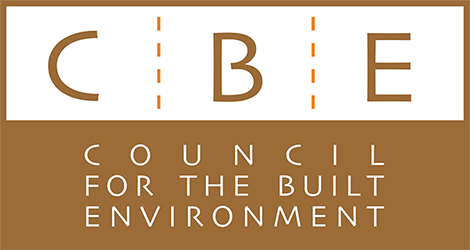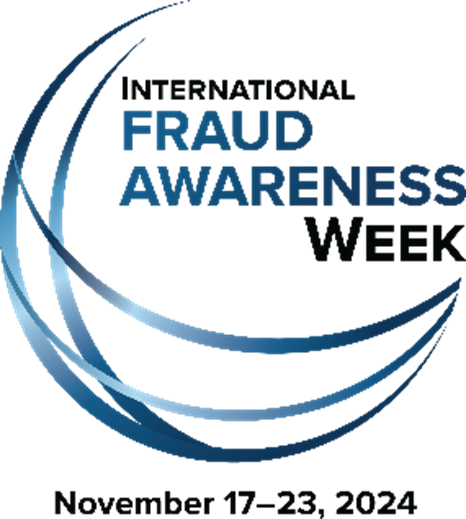Fraud in the South African Construction Industry: A Growing Challenge
The construction industry plays a pivotal role in the economic development of South Africa, contributing to infrastructure growth, job creation and overall national development.
As reported in the “South Africa Construction Industry Databook series – Market Size & Forecast by Value and Volume, Q2 2024 update”, the construction industry in South Africa is expected to grow by 4.8% to reach R160.65 billion in 2024. The South African government earmarked R7.1 trillion for infrastructure development from the financial years 2023-24 to 2025-26.
This sector, however, is also most vulnerable to fraud and corruption. Over the years, reports of financial misconduct, bribery, tender fraud and misallocation of resources have emerged as significant challenges, undermining the integrity and progress of the industry.
Bribery in public works contracts and construction sector is rife as evidenced by The Bribe Payers Index of bribery in business sectors 2011.
Nature of Fraud in the South African Construction Industry
Fraud in the sector is typically multifaceted and can occur at various stages of a project, from the initial tender processes through to project completion. Key areas where fraud is most prevalent include:
- Tender Fraud
Tender fraud is one of the most common forms of fraud in the South African construction sector. It involves corrupt practices during the bidding process, such as bid rigging, collusion between contractors, falsification of tender documents and kickbacks to officials involved in awarding contracts. This undermines the competitive process and often results in inflated project costs, delays and the selection of underqualified or unprofessional contractors.
- Procurement Fraud
In the procurement phase, fraud can occur when suppliers or contractors submit false invoices, overstate the value of goods and services, or engage in kickback schemes. The use of false documentation or inflated costs allows fraudulent parties to siphon off funds meant for genuine construction needs.
- Substandard work and Overcharging
Some construction firms or contractors engage in fraudulent practices by cutting corners on the quality of materials or labour while still charging the client the full amount for high-quality work. This can result in shoddy buildings, unsafe structures, and in some cases, the need for expensive repairs down the line. Such fraud not only costs government and the private sector millions of rand but also jeopardises public safety.
- Inflated Project Costs
Fraudulent contractors often inflate project costs by submitting exaggerated budgets or overstating the cost of materials and labour. This practice is often coupled with the manipulation of financial records to divert funds into private accounts or to cover up substandard performance.
- Bribery and Corruption
Bribery is prevalent in the South African construction sector, particularly with government contracts. Public officials may demand or accept bribes in exchange for awarding tenders, permitting substandard work or overlooking regulatory violations. These illegal payments distort fairness of the construction process and lead to misallocation of public resources.
Combatting Fraud in the South African Construction Industry
South Africa has made strides toward tackling fraud in the construction industry, however much remains to be done. Key efforts in this regard include:
- Strengthening Regulation and Oversight
The Council for the Built Environment, as a member of the Infrastructure Built Anti-Corruption Forum (IBACF), has an oversight mandate on investigations to enhance accountability in the implementation of infrastructure projects, ensuring that consequence management processes are implemented for Built Environment professionals involved.
- Transparency and Accountability
On 23 October 2024, the Minister of Public Works and Infrastructure, Dean Macpherson pledged in the National Assembly to open the tender evaluation and awarding process to full public scrutiny. All tender processes will be recorded through audio and visual recordings fostering transparency and trust in public procurement. Platforms like the eTender Portal provide tender documents and contract details to ensure greater scrutiny and accountability in the tendering process.
- Whistleblowing Mechanisms
Section 3(a) of the Council for the Built Environment (the CBE Act) empowers the CBE to, among others, promote and protect the interests of the public in the built environment; hence the CBE reserves the right to investigate any complaint and or tip-off received in its hotline. Members of the public can report any Built Environment matter anonymously to the CBE hotline through the following platforms:
Free Call Number: 0800 111 621
Post: PO Box 10512, Centurion, 0046
Website: https://www.thehotline.co.za/report
email: cbe@thehotline.co.za
SMS: 30916
Mobile app: Vuvuzela Hotline app
Fax: 0867 261 681
Fraud remains a significant issue in South Africa’s construction industry with far reaching consequences for the economy, public safety and government trust. The CBE pledges its commitment to eradicate fraud in the sector as an official supporter of International Fraud Awareness Week from 17 – 23 November 2024 to promote anti-fraud awareness and education.
Ongoing policy reforms, regulatory efforts and increased transparency offer hope for curbing corruption and ensuring that construction projects are executed with integrity and accountability. The continued collaboration of government, industry stakeholders and the public will be essential in building a more transparent and ethical construction sector that can contribute positively to South Africa’s future.
ENDS
Issued by:
Dr Msizi Myeza
Chief Executive Officer
Council for the Built Environment
Tel: 012 346 3985
Enquiries:
Ms Nosizwe Mokoena
Strategic Support and Engagement Specialist
Mobile : 078 415 9211
Email : nosizwe@cbe.org.za
Ms Sinah Ndala
Communications Associate
Mobile : 078 423 1942
Email : sinah@cbe.org.za

